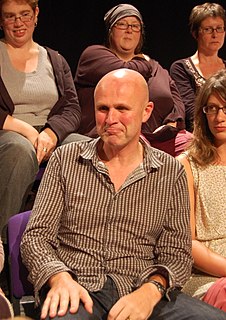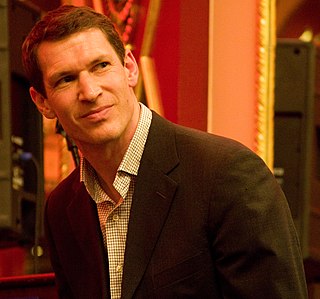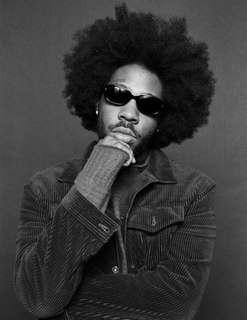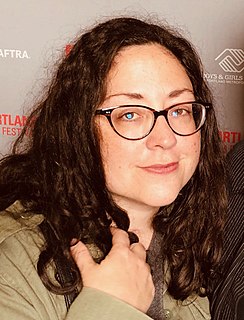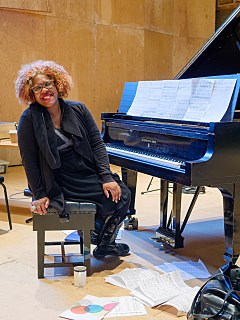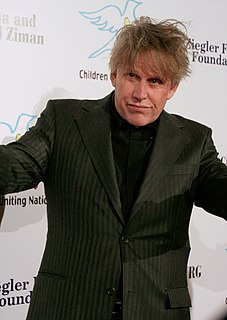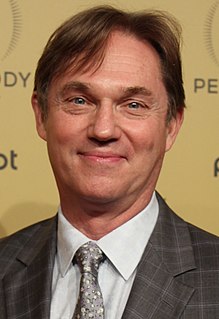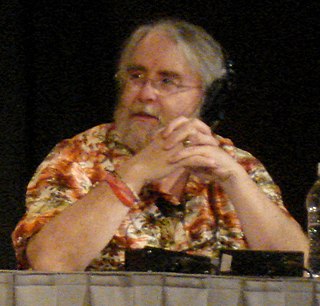A Quote by Tim Crouch
Each of my Shakespeare pieces is different to the other, but each espouses a set of philosophies common to all my theatre work.
Related Quotes
I understand that each one of us works at a different speed, and has a slightly different process. I understand that these writers are painstaking, wanting each sentence-each word-to carry weight... I know it’s not laziness, but respect for the work, and I understand from my own work that haste makes waste. But I also understand that life is short, and that in the end, none of us is prolific. The creative spark dims, and then death puts it out. William Shakespeare, for instance, hasn’t produced a new play for 400 years. That, my friends, is a long dry spell.
There never is any such thing as one truth to be found in dramatic art. There are many. These truths challenge each other, recoil from each other, reflect each other, ignore each other, tease each other, are blind to each other. Sometimes you feel you have the truth of a moment in your hand, then it slips through your fingers and is lost.
When you are on the set, you have different departments - you got camera, sound, props, hair, makeup, catering, executives. Imagine each one of those are spokes on the wagon wheel. All the spokes come into a hub: the hub is the director. The wood the spokes go into are distribution and promotion; the steel wheel around the hub is the film. None of these have anything in common with each other.
If people work together in an open way with porous boundaries - that is, if they listen to each other and really talk to each other - then they are bound to trade ideas that are mutual to each other and be influenced by each other. That mutual influence and open system of working creates collaboration.
We owe each other a debt and we owe each other an obligation, and because of these fundamental American imperatives, there are things that we own in common with each other, and that we are obliged to protect for our posterity. The water. The trees. The wild places in the land. We lose sight of these truths sometimes.
In republican government the legislative authority necessarily predominates. The remedy for this . . . is to divide the legislature into different branches; and to render them by different modes of election, and different principles of action, as little connected with each other as the nature of their common functions, and their common dependence on the society, will admit.
Friends never cheat on each other, or take advantage, or lie. Friends do not spy on one another, yet they have no secrets. Friends glory in each other's successes and are downcast by the failures. Friends minister to each other, nurse each other. Friends give to each other, worry about each other, stand always ready to help. Perfect friendship is rarely achieved, but at its height it is an ecstasy.
